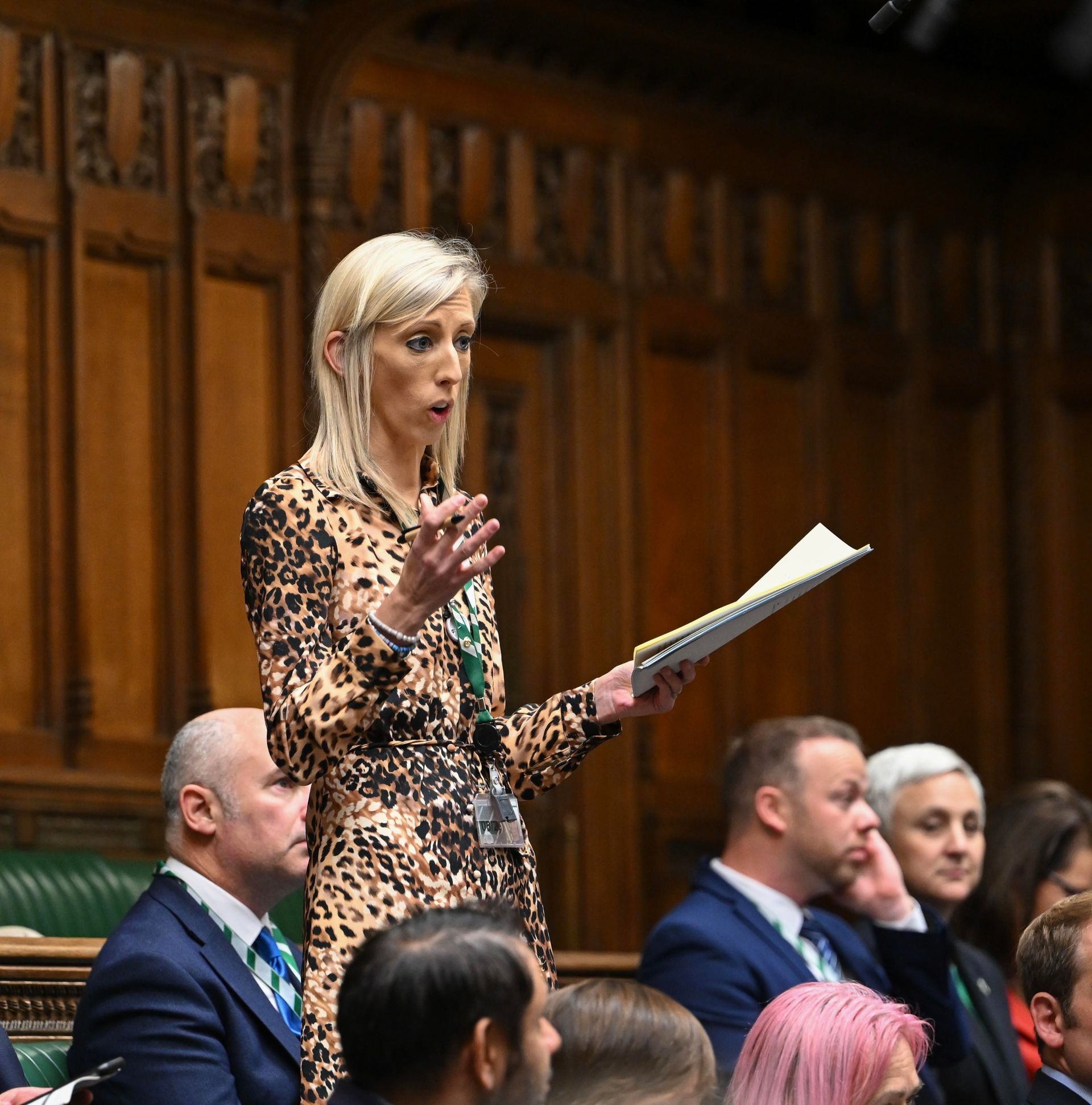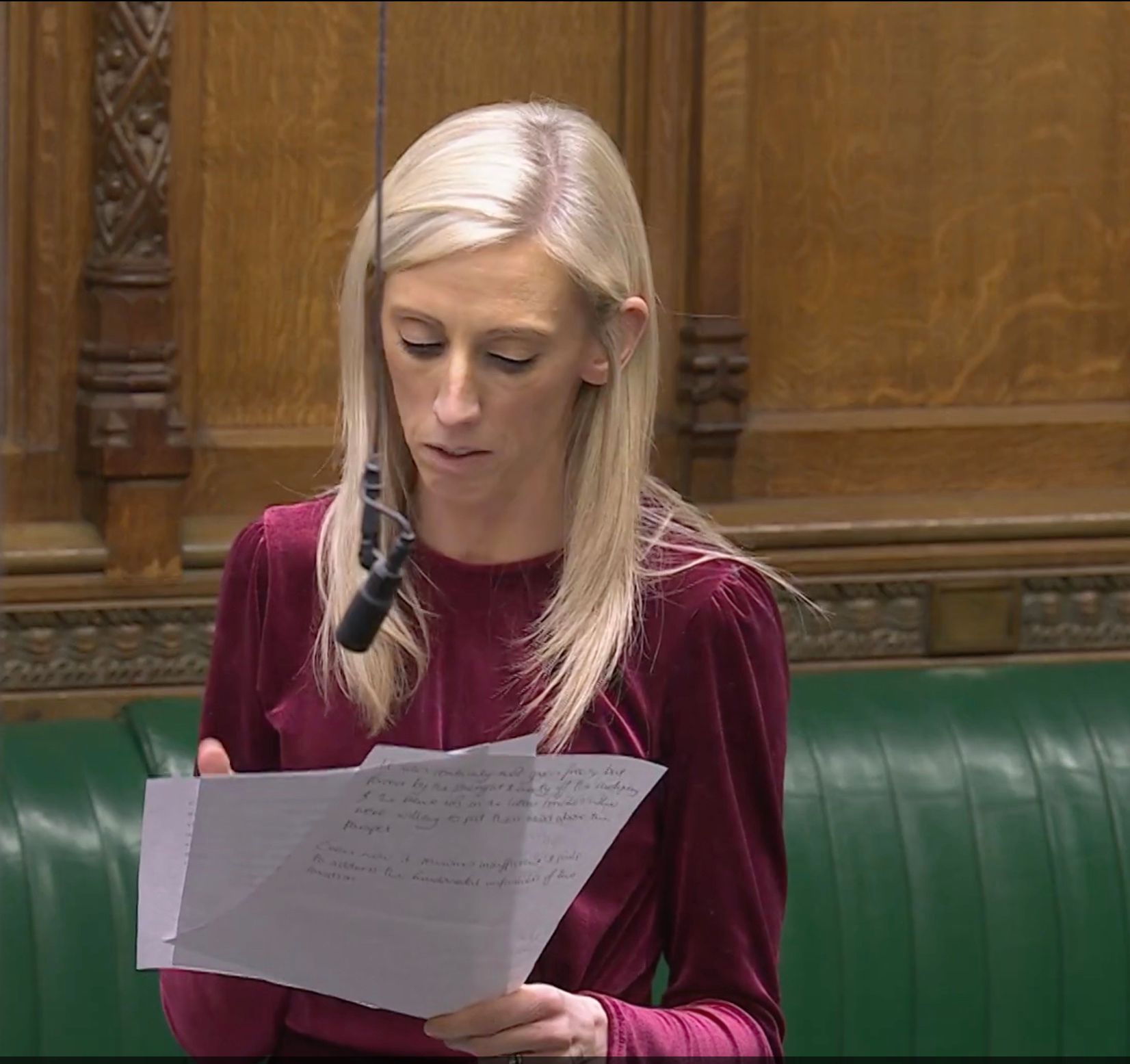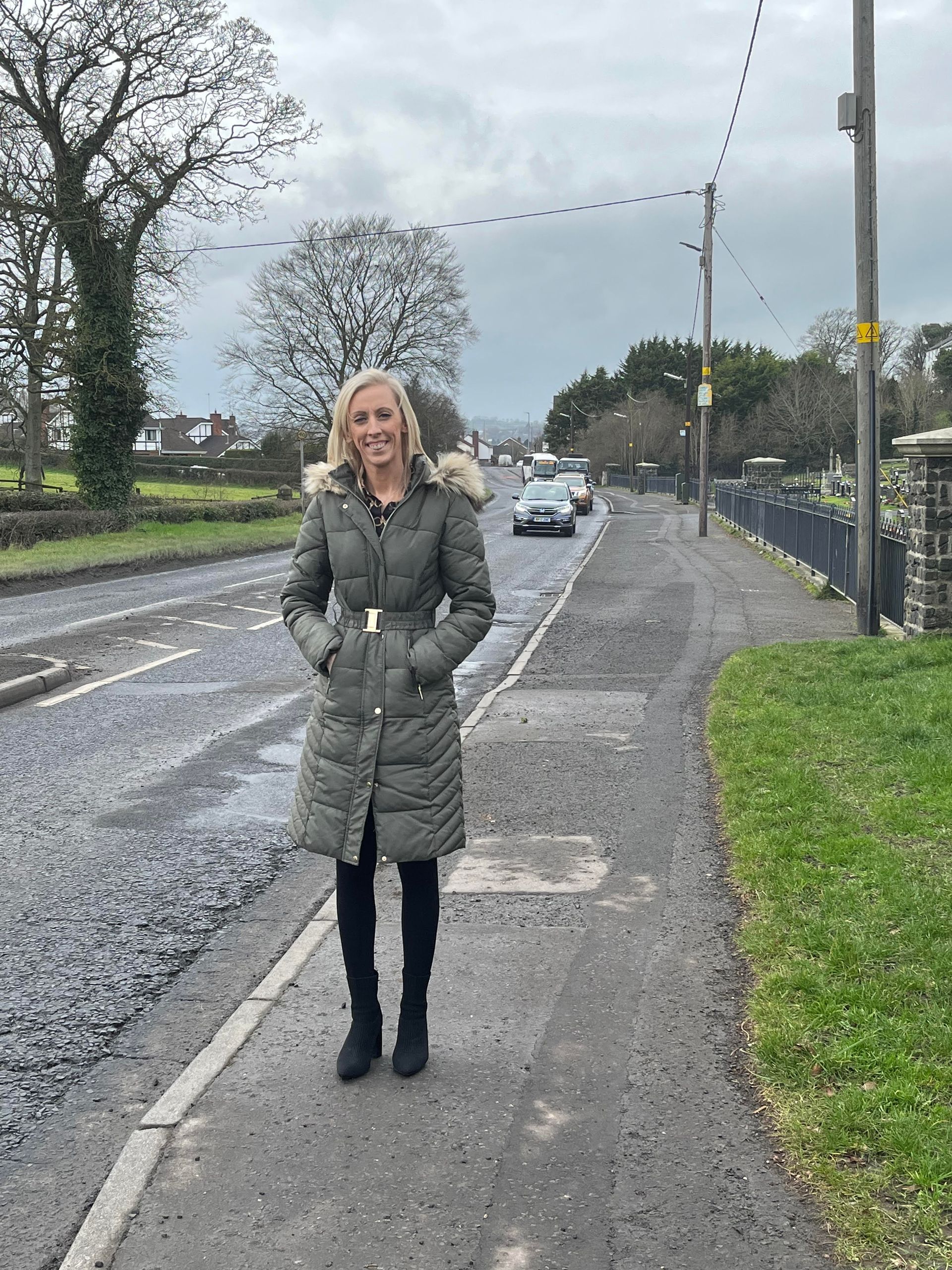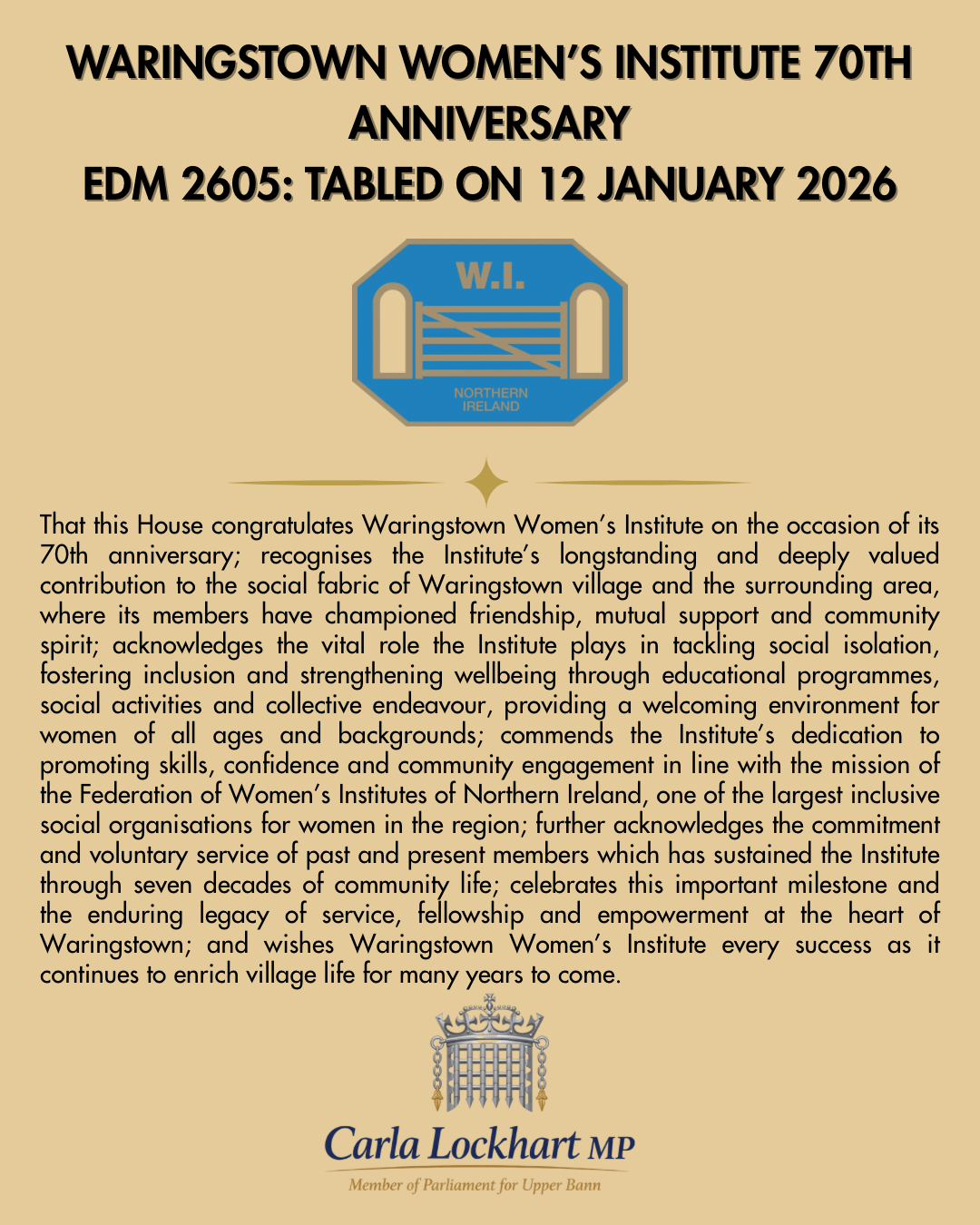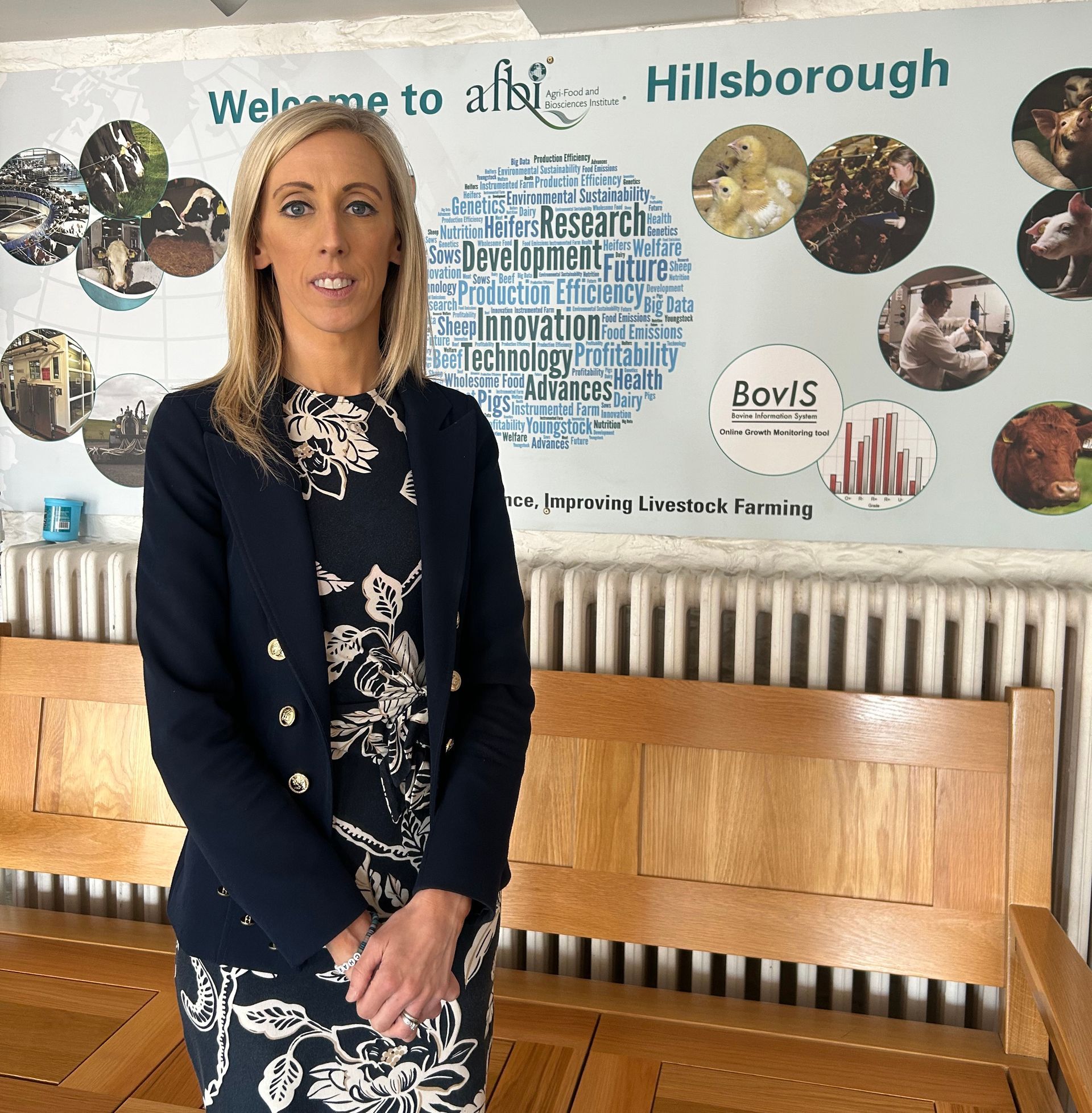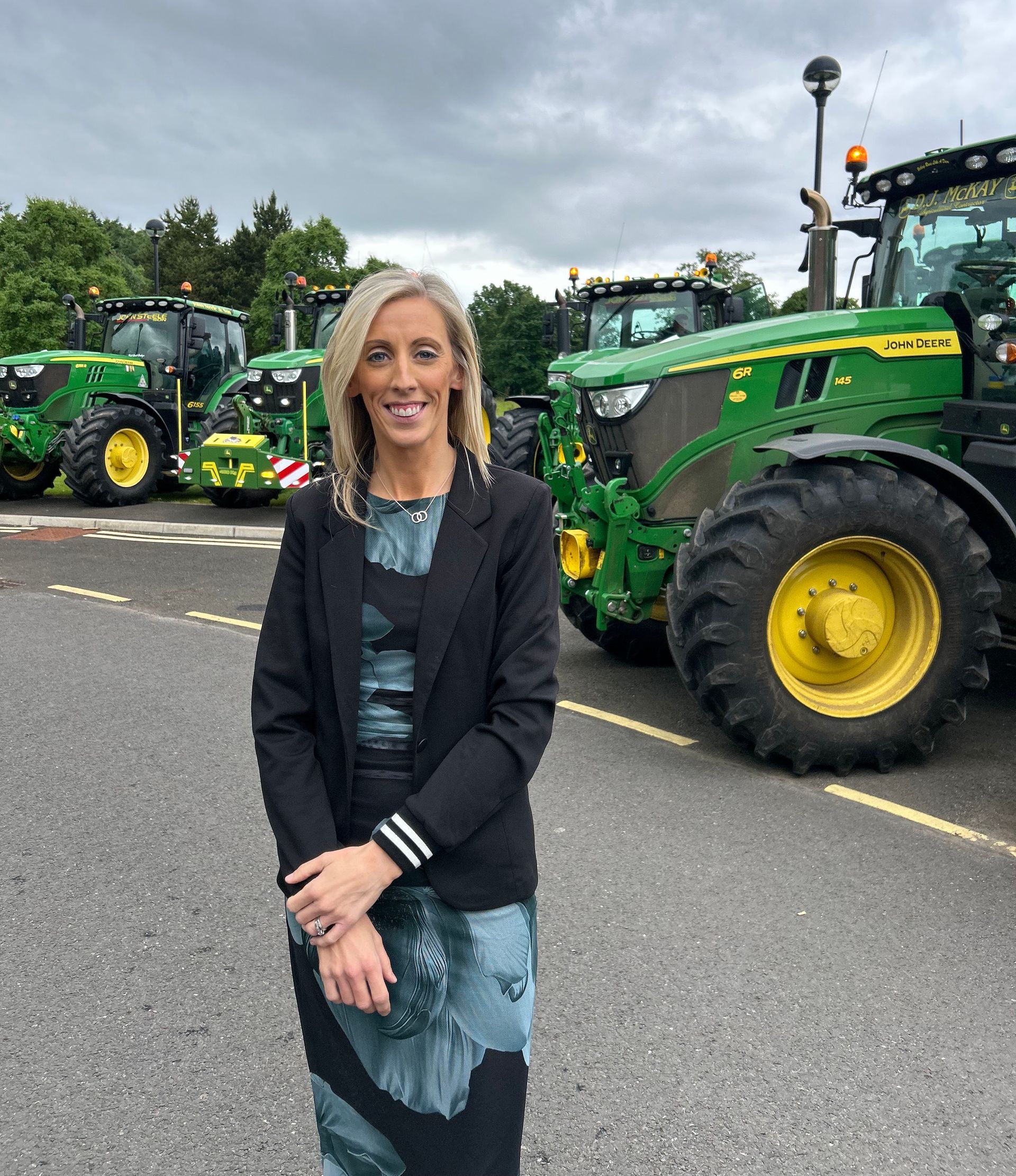MP urging consumers to shop local and support ‘beef week’
With the 2025 Beef Week campaign underway, Upper Bann MP Carla Lockhart is urging consumers to shop local and safeguard the future of the province’s agri-food sector.
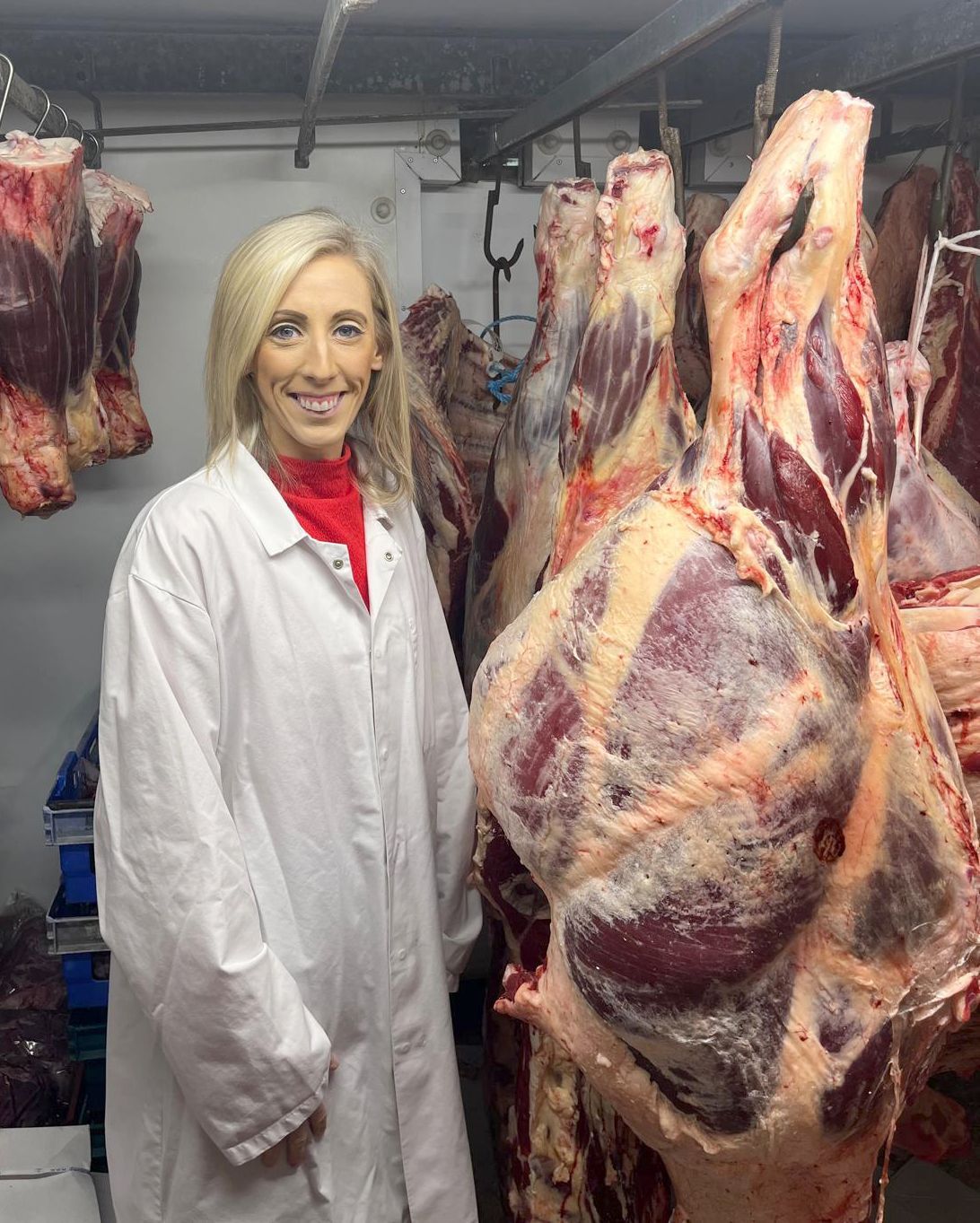
“It is more important than ever before to support the ‘home-grown’ businesses who are the backbone of our nearby towns and rural communities.
“Our wee country sets a high bar for food quality, animal welfare and environmental standards. More than 26,000 local farmers are committed to sustainable practices, ensuring that food is produced responsibly in accordance with maintaining our environment and ecosystems.
“Beef Week runs from 23rd to 30th April. Organised by Ladies in Beef and AHDB, the nationwide campaign is now in its fifteenth year, and is a fantastic opportunity to celebrate and promote Northern Ireland beef, and applaud the hard-working farmers who produce it.”
The DUP’s Westminster Agriculture, Environment and Rural Affairs spokesperson said: ”NI beef is exported to 70 countries world-wide. Beef is a natural and nutritious product, and when it carries the NI Farm Quality Assured (NIFQA) logo, consumers are guaranteed that the meat they are buying is high quality and fully traceable from farm to fork.
“Beef farming contributes over £600m annually to the local economy, supporting thousands of jobs across the agri-food sector.
“A rich source of protein, beef contains a wealth of essential vitamins and minerals, including zinc, iron and vitamin B12, which all contribute to human health and well-being.
“Red meat is a versatile product, and is still the number one choice for consumers who prefer a traditional and healthy balanced diet. We’ve seen changing patterns and fad diets, but meat is still a popular choice.
Ms Lockhart added: “Farmers have encountered significant challenges in recent years, including fluctuating farmgate prices, bureaucracy and regulatory changes, coupled with the mental and financial devastation caused by diseases such as TB. Despite everything that is thrown at them, farmers remain resilient.
“Over the last few months, it has been encouraging to see a significant rise in beef cattle prices, which means farmers are getting a good return on their investments and a fair price for their produce.’
The MP said: “The actions of the Labour government have cast a shadow on the agricultural industry. The Chancellor’s pending death tax has left many family farms questioning the future viability of their businesses.
“With global unrest and over 68 million people to feed, the UK government should be nurturing and encouraging farmers. Instead, they are introducing measures which will severely jeopardise national food security.
“There is a very real danger that the UK will become reliant on imported and inferior produce. The government needs to realise that consumers don’t want chlorine-washed chicken and hormone-treated beef.
“The government is also undermining food safety by paving the way for lab-grown meat and other cultivated food products.”
Ms Lockhart continued: “As a farmer’s daughter I grew up eating farm-fresh and seasonal produce. It is hard to comprehend that beef and chicken can be replicated in a laboratory. In my opinion, meat generated in a lab cannot compete with that produced from naturally reared, grass-fed and fully traceable farm livestock.”
The Upper Bann MP is leading a campaign to see farming and agriculture introduced to the primary school curriculum. “There a number of organisations producing educational farm themed material for school children, and the UFU/BOI Open Farm Weekend gives children an opportunity to get close to farm animals and learn more about where their food comes from.
“The Livestock and Meat Commission (LMC) has been running meat skills workshops for teachers; while its Mini Beef Week initiative, coupled with regular cookery demonstrations for key stage II primary school pupils, provides interactive sessions where children can learn more about farming and the nutritional benefits of meat. Engaging with young children from an early age will highlight the importance of agriculture and encourage them to make healthy food choices in the future.”
Share
